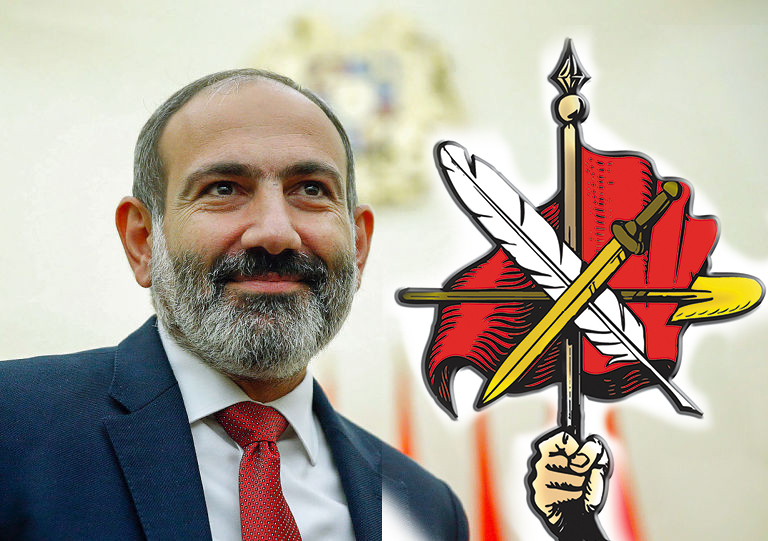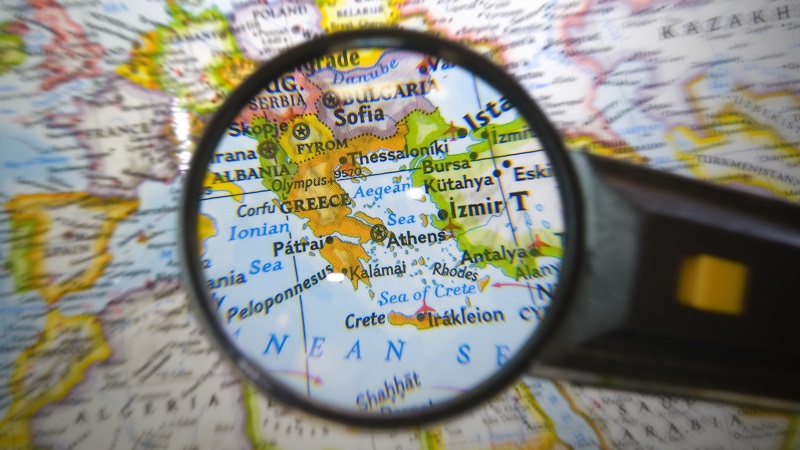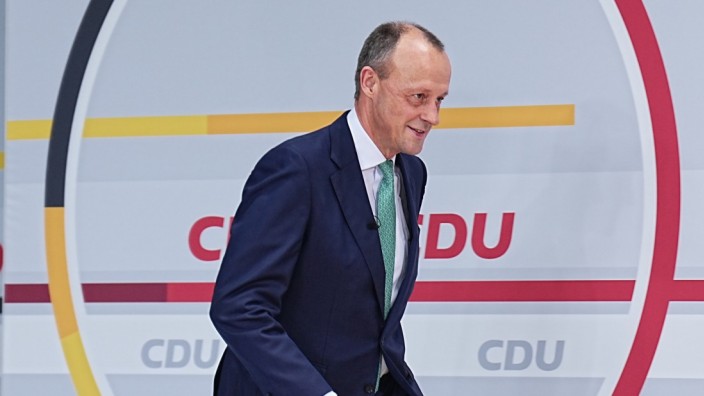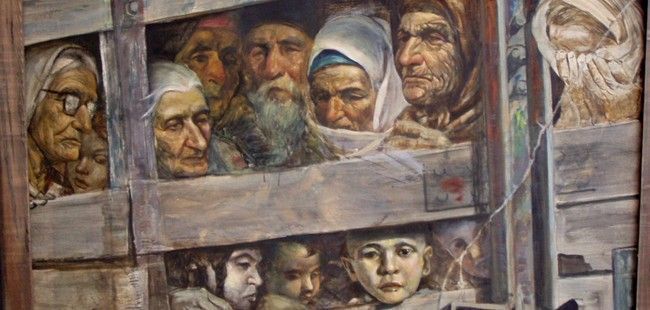It has been a surprise for the Armenians as much as for the Turks when French President Nicolas Sarkozy, during his visit to Armenia on 6-7 October, called on Turkey to recognize the Armenian genocide allegations and indicated that if not, France would adopt the draft resolution on punishment of genocide denial. Thus, despite the fact that France had always been a supporter of the Armenian theses all along, no French statesman had gone this far and no one had particularly called on Turkey and assigned it a certain date to accept the Armenian genocide claims. In order to be able to explain this rather strange situation, we must take a look at the past. As is known, after several hesitations, France recognized the Armenian genocide allegations by adopting a law in 2001, which is composed of only one sentence, an event which had caused serious tensions between the two countries. Shortly after the adoption of this law, the Armenian circles in France had argued that the law was not sufficient enough and by expressing that a similar law existed for those denying the Holocaust, had requested the adoption of another law which would punish those denying that such genocide took place. On 12 October 2006, the French National Assembly approved a draft law which made the denial of the Armenian genocide allegations punishable up to five years and by a 45.000 euro fine. In order for this draft to become a law, it also had to be approved by the Senate. However, despite maintaining this draft on its agenda, the Senate had not discussed it in the past four and a half years. This is the result of senators, who are elected for six years, being less influenced by daily politics. The senators, consisting mostly of Right and Centrist parties, have given more importance to relations with Turkey compared to the minority of senators consisting of the Socialist and other parties with left wing tendencies. Moreover, most of the senators, without making a leftist-rightist distinction, have opposed historical events being formally interpreted through laws. In fact, laws defined as “Memory Laws” which judge historical events like colonialism and slave trade had started being adopted in France in the recent years. A significant part of the French historians had opposed these laws based on the facts that they prevent or harm impartial historical research and this view had been shared by most of the public opinion. The Armenians had shown great efforts for this draft law to be brought before the Senate’s agenda and in the meantime, received promises from Nicolas Sarkozy as Presidential candidate that if he is elected, he will support the draft being discussed in the Senate. However, after being elected, Sarkozy has changed his stance and started acting in opposition to these “Memory Laws”. The Socialist Party senators, who have supported the Armenian genocide allegations without any reservations ever since, have been successful this year in May in bringing the draft law which punishes those denying the Armenian genocide allegations (from now on, we will shortly call this the “denial draft”) to the agenda. The Draft had first been addressed in the Senate’s Law Committee and the Committee had unanimously decided that the draft was contradictory to the legality of crime and penalty principle of the Constitution and the principles of freedom of speech and ideas. When the report on this issue in the Law Committee was approved by the Senate’s General Council, the draft was rejected. During the voting, the Rightist and Centrist parties had voted in favor of the Committee’s report, while the Socialists and other Leftist parties had voted against it. Meanwhile, it has been observed that more than half of the Socialists did not participate in the voting procedure. Rejection of the Denial Law has been perceived as a great defeat for the French Armenians while expressions to protest Sarkozy during the Presidential Elections visibly increased. Meanwhile, the Leftist parties had gained the majority in the Senate during the by-elections that took place on September 25th, 2011, even though with a slight 3-vote difference. On the other hand, the possibility of the adoption of the draft has increased when the former First Secretary of the Socialist Party François Hollande, who aspires to become the candidate for the upcoming Presidential elections in April, stated that he will call on the newly formed Leftist majority in the Senate to discuss the “denial draft”. Hence, it can be inferred that these developments forced Sarkozy -who was not able to receive good results from public opinion polls concerning his presidency- to review a change in his policy regarding the issue of the Armenian Question. The first indication of this perceivable change was the extraordinary attention and warm welcome given to Armenian President Serge Sarkisian during his visit to France on 28-20 September 2011. This way, the disappointment among French Armenians towards Sarkozy and the ruling parties for the “denial draft” being rejected in the Senate has tried to be resolved to a certain extent. On the other hand, Sarkozy’s change of policy became evident almost a week later during his official visit to Armenia. We will continue tomorrow.
© 2009-2025 Center for Eurasian Studies (AVİM) All Rights Reserved
TURKEY AND THE RUSSIAN BASE IN GYUMRI
THE DECLARATION REGARDING ARMENIAN GENOCIDE ALLEGATIONS - Ömer Engin LÜTEM
 THE DECISIONS OF PASHINYAN ARE DISTURBING THE DASHNAKS
THE DECISIONS OF PASHINYAN ARE DISTURBING THE DASHNAKS
 EASTERN BALKANS: TURKEY
EASTERN BALKANS: TURKEY
 NEW CHAIRMAN FOR CHRISTIAN DEMOCRATS IN GERMANY: MERZ
NEW CHAIRMAN FOR CHRISTIAN DEMOCRATS IN GERMANY: MERZ
 THE FORCED EXILES OF THE CRIMEAN TATARS AND THE CIRCASSIANS
THE FORCED EXILES OF THE CRIMEAN TATARS AND THE CIRCASSIANS




























